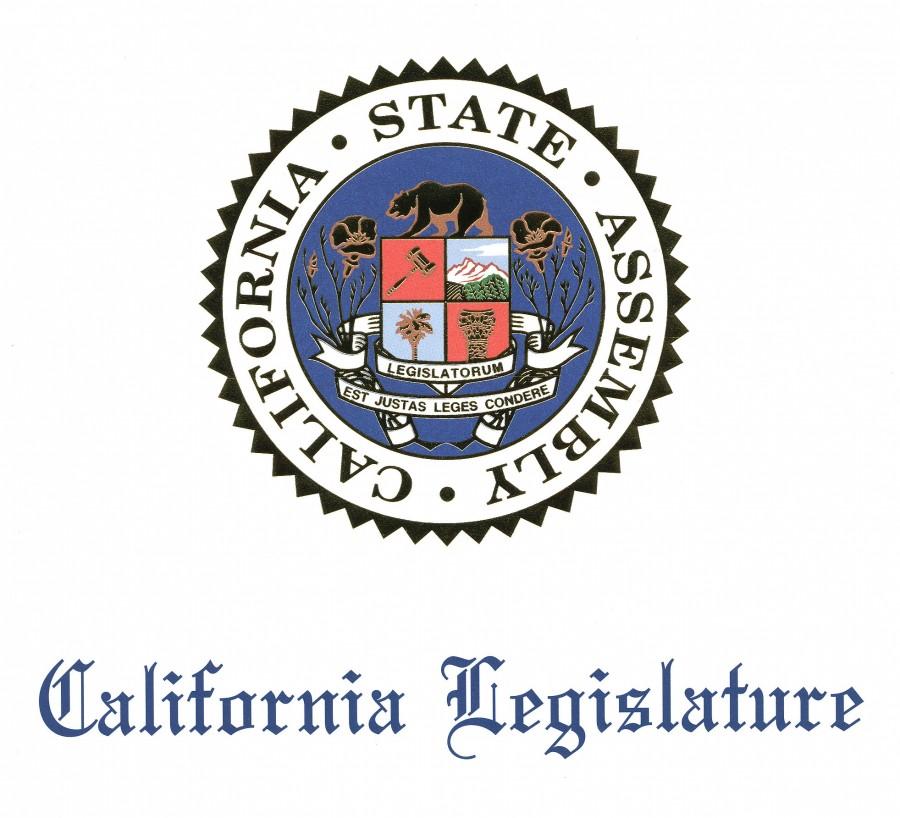California legislature prepares to close the wage gap between men and women
The California legislature plans to improve the wage gap that has been prevalent between men and women for decades. The California Fair Pay Act, on the verge of being passed, will re-word a current law stating that both genders must be paid equally for equal work. Additionally, employers will not be allowed to antagonize women who ask or discuss male co-workers pay. Law-makers believe that this bill will promote equality between genders and help to limit the sexist limitations placed on womens’ pay. The new bill hopes to provide California with the strictest equal pay law in the nation and close the gender wage gap.
“No more excuses,” said state Senator Hannah-Beth Jackson, author of the bill. “We’re closing all the loopholes…It means that female housekeepers who clean rooms could legally challenge higher wages of those males cleaning the lobby.”
While bosses may still pay workers different wages based on seniority, merit and other quantifiable factors, the bill will narrow other loopholes on what constitutes as substantially similar work. For example, law-makers argue that both men and women working desk jobs such as reception should recieve the same pay. Authors of the bill believe that minimum wage protects a majority of workers in fields of work such as waitoring but does not protect all jobs in the country. Since the prohibition of wage discrimination based on gender by the Equal Pay Act, signed by President John F. Kennedy in 1963, the gap has been closing slowly.
“Women should be paid fairly because we live in a free state of equality and nobody [in the workforce] should be superior over another,” said sophomore Taylor Snyder.
Typically, a woman makes only 78 percent of what a man of the same position would earn. Investigators believe many women being paid unfairly may not even know of their significantly lower pay. These statistics are even lower when involving women of color. African American, Hispanic and Native American women are affected the most by the racial wage gap. The California Fair Pay Act aims to significantly equalize pay for people of any gender and race with equal job titles. Additionally, the California Fair Pay Act will work to give women the confidence to approach their bosses with questions about pay.
“Women don’t typically have the confidence [to approach their bosses], so they’re not asking for what they want,” said Anita Borg Institute CEO Telle Whitney.
An investigation by the Equal Rights Advocated recorded in 2013 that only six percent of women in California filed complaints over their wages. Leaders of the investigation inferred that this might be attributed to the fact that many women in the work force are unaware of how much their male coworkers earn or possess a lack of confidence to stand up for themselves. The new bill will not order men’s wages to be revealed, but companies will be encouraged by the statements of the bill to lead discussions involving co-workers’ pay. Leaders of this movement predict that this bill will bring confidence to women regarding wages and encourage them to fight for equal pay.
When passed, the California Fair Pay Act will close loopholes surrounding unequal pay for men and women and will strive to supply encouragement intended to give confidence to women of all races to fight for equal pay. The current wage gap has been more or less unchanged for a decade, but this new bill aims to change that statistic. If passed in late 2015, Senator Jackson predicts that life will change for women and their families across the United States.
Your donation will support the student journalists of Calabasas High School. Your contribution will allow us to purchase equipment and cover our annual website hosting costs.







